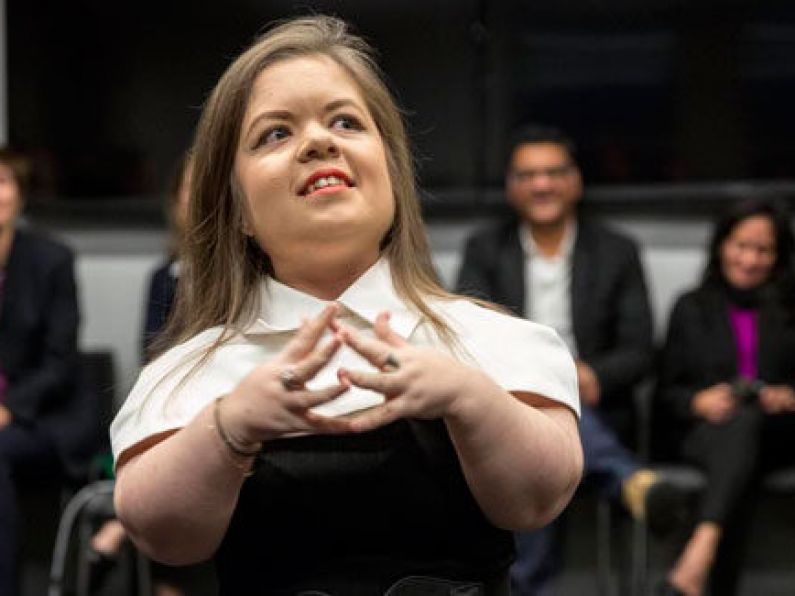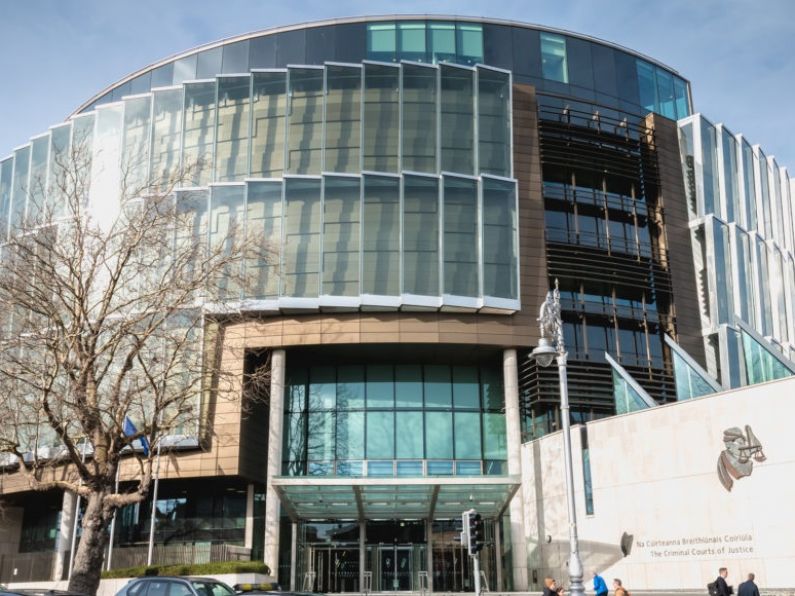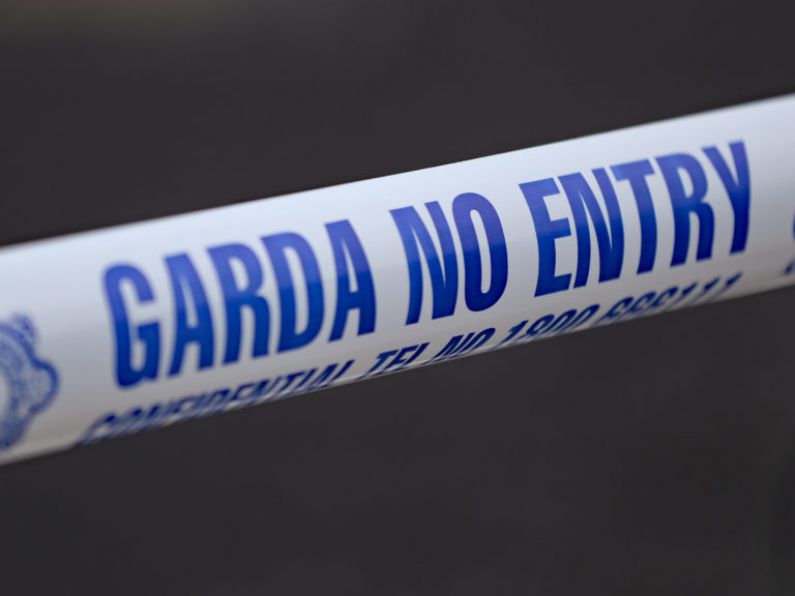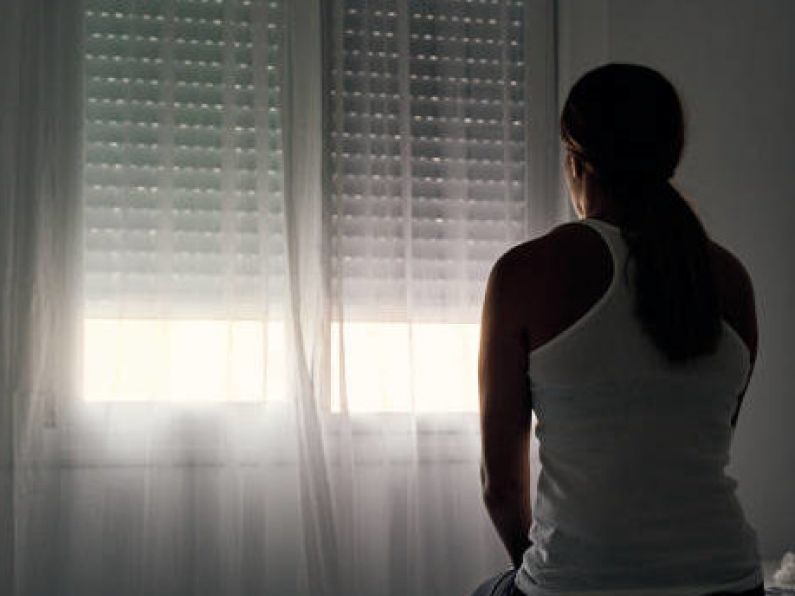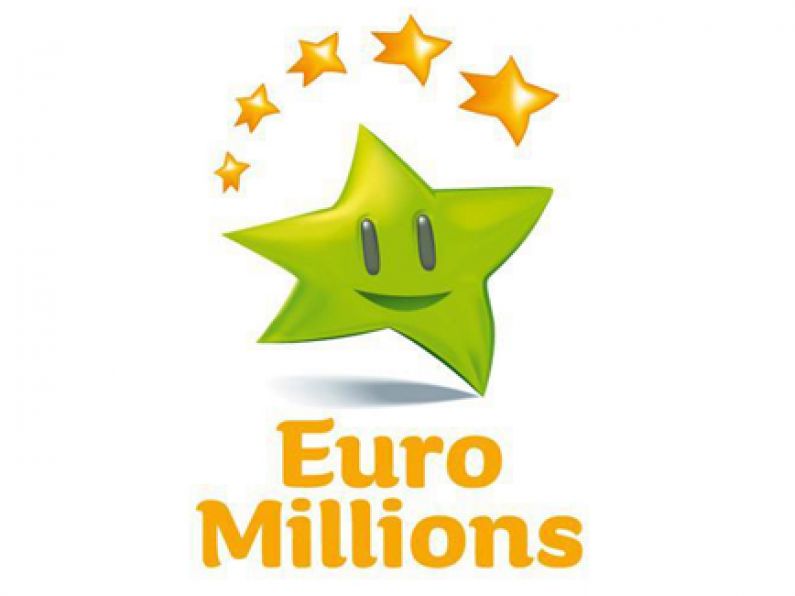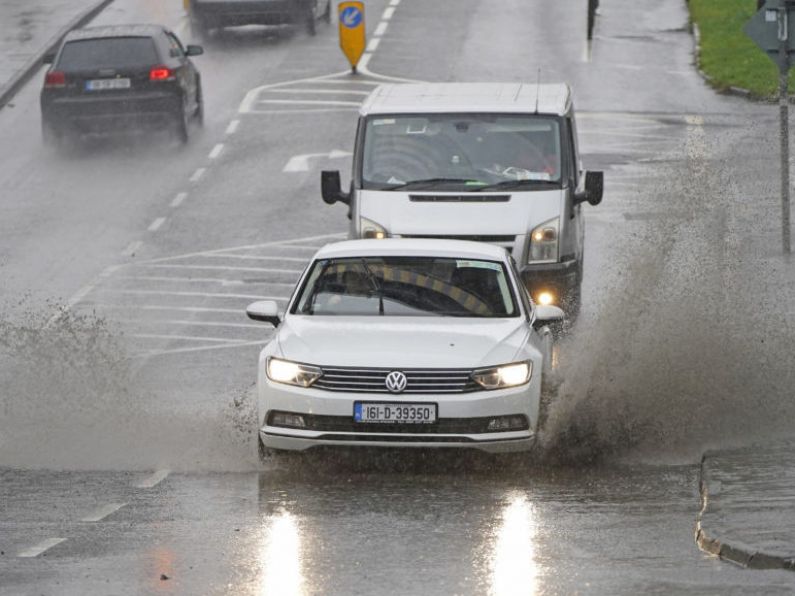Sinéad Burke has opened up about being harassed on O’Connell Street by two teenage boys and how the incident inspired her new education campaign.
The activist is a contributing editor to Vogue UK and decided to use the platform to write about the ordeal.
Burke explained that she was walking to meet a friend at a new Japanese restaurant when she spotted two teenage boys - no older than 16 - walk past her, close to the Department of Education
She said one nudged the other and laughed.
Burke, who was born with achondroplasia - a form of dwarfism - explained that sadly, this behaviour is part of her everyday experience.
View this post on Instagram
As a teacher, she said she has a “deep yearning to help people learn that it is unkind and unjust to make derogatory remarks” and is now accustomed to sensing when it is safe and unsafe to do so.
“I took a deep breath and kept walking,” she said.
But it didn’t end there - before she knew it she felt a “whoosh” followed by a “thud”.
One of the boys had “leap-frogged” over her head while his friend recorded the “entire incident on his phone”.
It seemed to happen in slow motion. One of the boys landed in front of me. He had jumped over me, leap-frogged over my head from behind
Following the experience, Ms Burke said she was visibly shaken and started to cry, “the kind of crying where you can’t catch your breath and speaking is difficult even though there is so much you need to say”.
She said that people saw her distress but walked past her without asking her if she was OK.
"People walked passed. They saw my distress but kept walking even though I needed them to ask me if I was okay,” she said.
That’s when she called her mother, who told her to contact the gardaí and report it as a crime, which she did. She said the gardaí responded immediately, and an investigation commenced.
Following this incident, she couldn’t help feeling that, even though it was the right thing to do, calling the gardaí wouldn’t be enough.
If those boys were taken in and questioned, what would they learn, other than to not get caught?
She asked herself a series of questions, such as: How do we transform a society that is apathetic to harming and ‘othering’ people to fulfil a culture of ‘likes’?, How do we construct a moral compass that teaches people the impact of their actions? And how do we encourage people to adopt a currency of kindness?
She says:
The answer is simple, but not easy: education
Burke contacted a friend, who is a programme officer for NEIC – a social and economic regeneration project for Dublin’s North East Inner City - and arrange to speak at primary schools in the local area where she was attacked.
Her idea was to speak to “every primary school child in the area”.
I wanted to encourage curiosity, challenge ignorance, empower them with a better vocabulary, and ask them to use their voices to make a difference.
After being in their classrooms in the last number of weeks she said that it had been “an enormous privilege” and that children had asked her all sorts of questions.
Children ask the most extraordinary questions - some wanted to know if I could drive, if I was married, where I bought my clothes and what it feels like when people are cruel.
This reminded the 29-year-old about how uncomfortable adults are talking about things that we do not know or understand and urged readers to challenge this by asking questions and using their voice/social media platforms to support people who are fighting for their rights
“There is so much that we each can do,” she signed off.
“Advocates are making themselves vulnerable every day explaining the most intimate details of their lives to educate society and to make our world safer and kinder”
We cannot do it alone. We need you all to shift the lens and to stand for something. We need you to stand with us.
